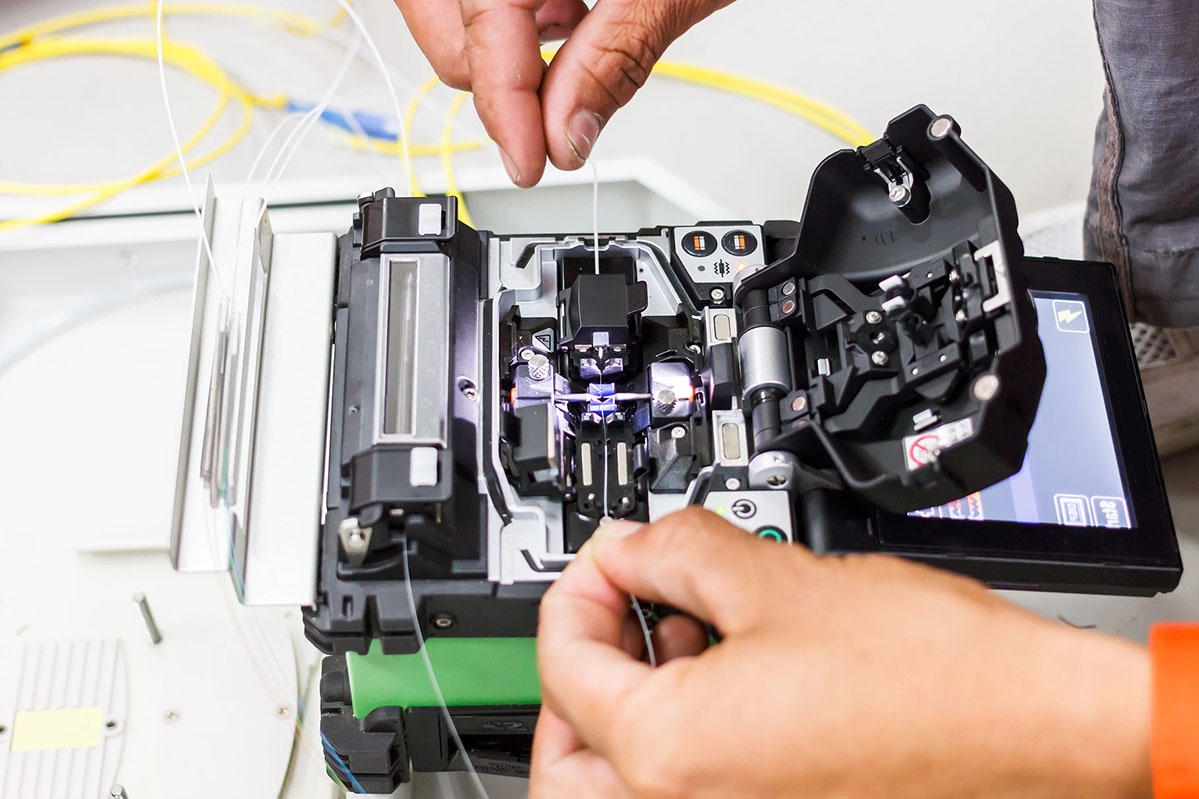Over the past few weeks I have been attending a number of seminars focusing on the future of fibre for the UK and how as a country we are going to meet our future connectivity needs. The challenges in building a true fibre network is huge, but one of the main areas of concern is surprising while reminiscent of the past. It isn’t funding, and while that is still a challenge, it is actually who is going to build the networks. At the moment funding from Government in the form of a number of schemes like the LFFN and BDUK are feeding funding into pilots and projects, while the likes of CityFibre, Gigaclear, Hyperoptic and Glide to name a few are joining Openreach in deploying fibre infrastructure with private funding.
However the biggest challenge is who is actually building these network – where is the workforce on the ground who are trained and capable of running fibre cables? The reality is we just aren’t ready in terms of our workforce to meet the current demand. The problem is this kind of skills shortage is similar to that of the quality control issues that hobbled the deployment of cable TV roll out which resulted in the entire industry going into receivership. The other challenge is by not addressing this issue properly an unskilled workforce can damage the roads and infrastructure which alienates property owners, customers and even highway departments.
So how do we address this challenge which helps us to achieve a once in a lifetime opportunity to build a digital infrastructure that can support our countries ambition over the coming 100 years? Ultimately it isn’t just a Brexit conversation as this is a global issue rather than just a challenge for the UK so importing talent isn’t really an option. Instead we need to be developing this talent internally through apprenticeships and training programs, however only the really big players such as BT and Virgin have the resource and numbers to make a significant impact on a national scale. Secondly there are other roles in society which could be easily transferable in the form of TV installers, electricians and plumbers dramatically reducing training times. Already plumbers and electricians are having to get up to speed with more with digital infrastructure in the form of home automation and smart meters so the transition to fibre might not be such a leap.
Another area of consideration is for fibre providers is working better together on the building of ducts and the use of poles in the last mile. Certainly sharing one duct saves the amount of civils needed and hence the human resource to dig it. Products like Openreach’s PIA (Physical Infrastructure Access) helps but still it is difficult to use and companies have complained about giving their biggest competitor details on where they are building fibre. Certainly through sharing infrastructure will help with the human skills crisis that is hitting our industry and our ability to roll out fibre to every home.





Leave a Reply